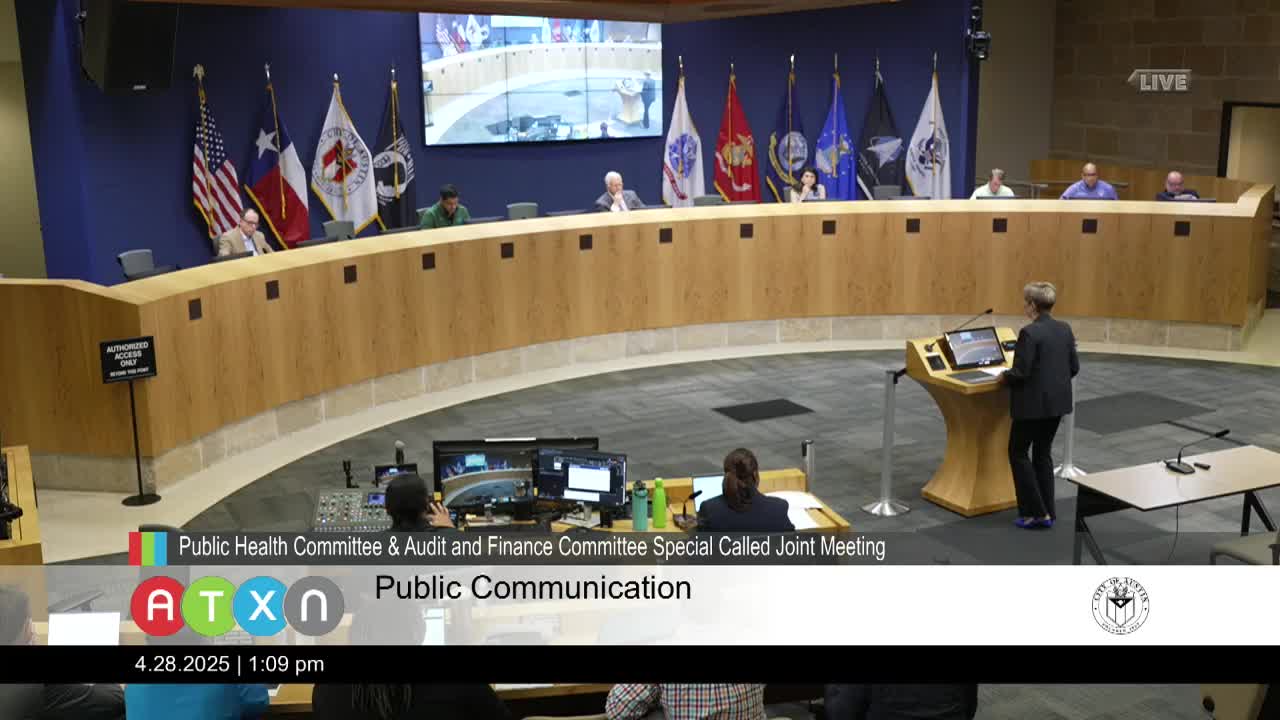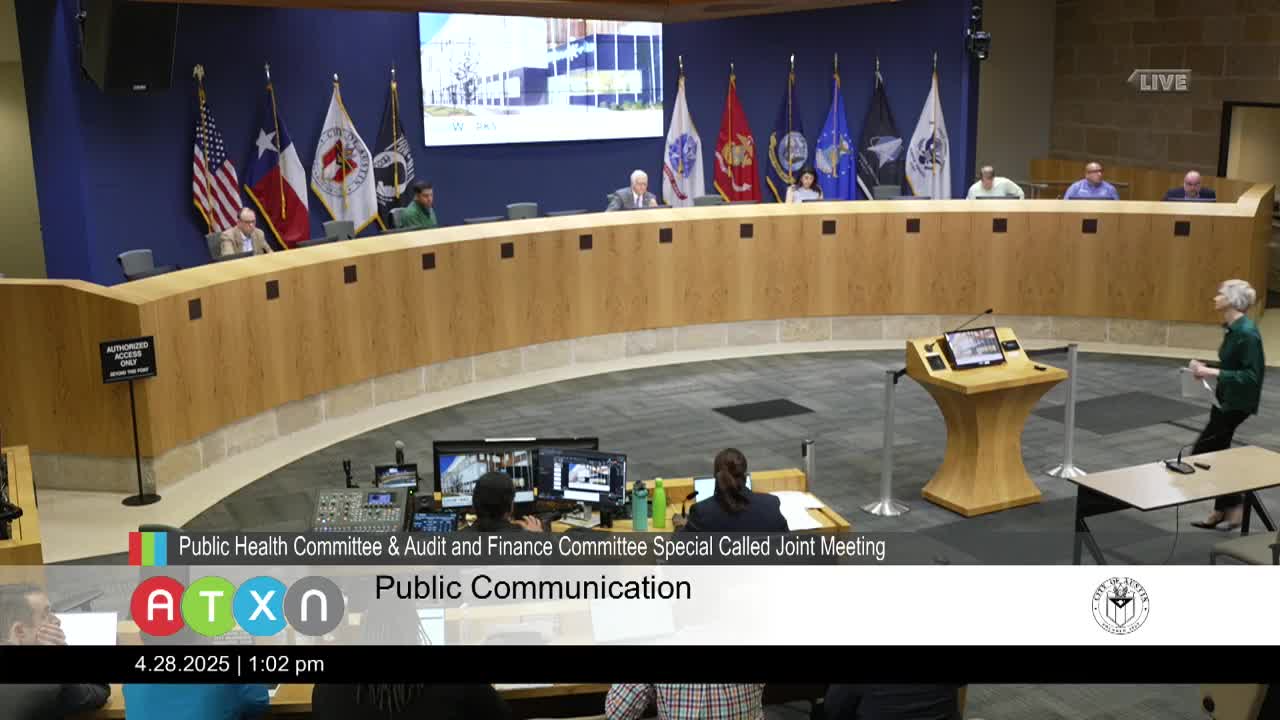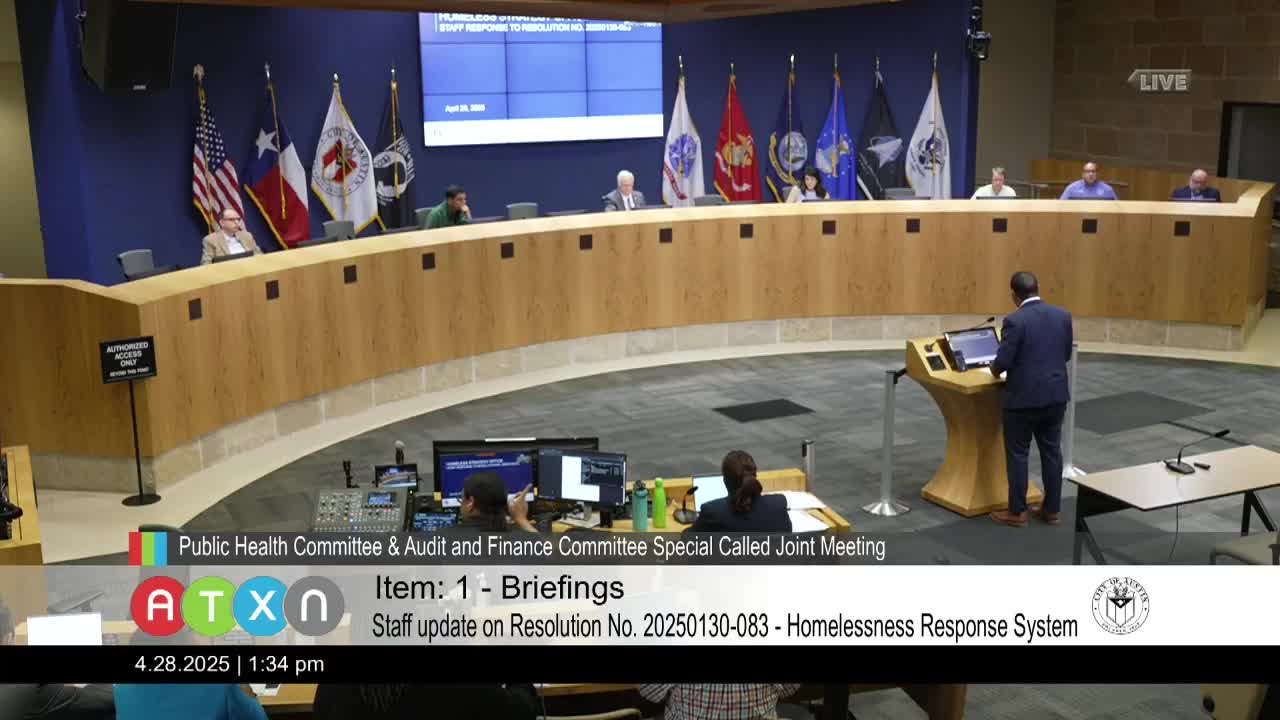Article not found
This article is no longer available. But don't worry—we've gathered other articles that discuss the same topic.

Local outreach groups urge Austin to fund grassroots providers and include minority-led collaborations in budget

LifeWorks presentation: youth homelessness in Austin has quadrupled since 2020, agency says

